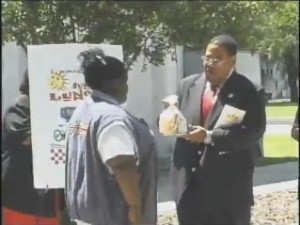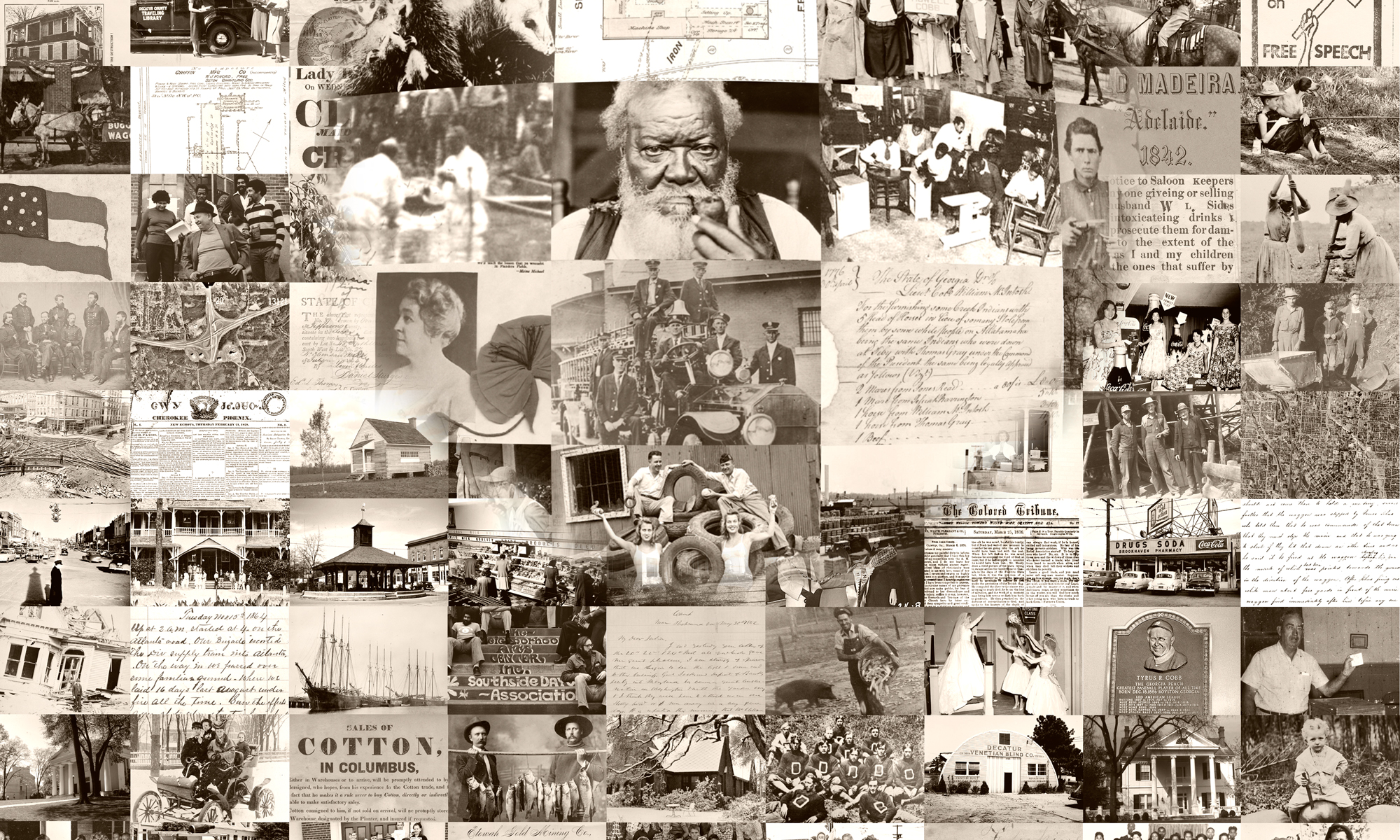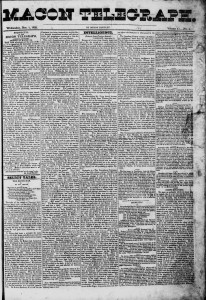
Civic Magazine, 2002. Civic Magazine collection, Savannah (Ga.). Research Library and Municipal Archives
The DLG is pleased to announce the availability of the Civic Magazine collection from our partners at the City of Savannah, Research Library and Municipal Archives. The collection is available at: http://dlg.galileo.usg.edu/CollectionsA-Z/civic_search.html
According to Luciana Spracher, the library and archives director for the City of Savannah, Research Library and Municipal Archives, “Civic Magazine was one of the earliest programs of the City of Savannah’s Government Channel 8, the city’s cable access channel now called SGTV 8, run by the City of Savannah’s Public Information Office (PIO). The PIO office was established in 1987 “in an effort to improve communications between City Hall and the taxpayers,’ and help “the public better understand city programs and operations’ (taken from Charles Craig, “Former News Anchor City’s First PR Officer,” Savannah Morning News, 1987). Civic Magazine helped the city government reach out and communicate to Savannah’s citizens in new ways, and connect with new audiences.” She notes: “I think the collection is important overall because it reflects the City of Savannah’s engagement with the community, as well as the unique personalities of our citizens and neighborhoods, something that is not often reflected in more traditional, paper-based records.”
Online access to this collection is exciting because, according to Spracher, “when Civic Magazine was produced (from 1998-2002), U-Matic ¾” tapes were in use by the television and news industry. Now in 2016 everything is digital and we no longer had the equipment to play the tapes back for researchers or even staff. So even though the tapes were inventoried based on labeling and PIO inventories and technically available to the public, we couldn’t access the content.” She notes “Having the old U-Matic tapes digitized and made available online through the Digital Library of Georgia will open up this collection to our citizens, researchers, and City staff for the first time for true use. In fact, I will be discovering most of this collection as a first-time user, and I can’t wait!”
The collection focuses a great deal on city growth and municipal government activities in Savannah at the end of the twentieth century. When asked if this period of time was especially busy for Savannah, Spracher says: “I think we could say that any period of time in city government was busy for its era with either rapid growth or major challenges that we are trying to overcome. The difference here is that in the late twentieth century, for the first time, the City is starting to capture these events through video so we have a more dynamic record of what is going on than just the static approval of a program or the paper invitation to the ribbon cutting, but the actual final event that was the culmination of all the hard work. It helps bring history to life in a different way when we can almost be there by watching and listening to it.”
The city of Savannah is celebrating the twentieth anniversary of Olympic yachting events being held in Savannah. Spracher is particularly interested in looking at all the material in the collection that is related to the 1996 Olympics. She notes: “We had several important Olympic events here in the community as part of the Olympics, including the arrival of the Olympic flag in 1992, the Olympic Torch Relay in 1996, and major community beautification projects leading up to the races.”
We hope that you take the time to view the resources in this new collection and witness the many ways the city government of Savannah has been involved with its community.


